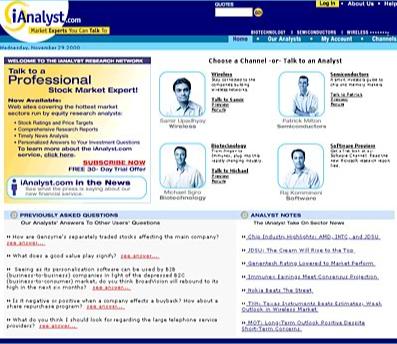If there’s a simple solution to the problem I describe below then (a) I will be very happy and (b) I will think that this post might make me look like a fool – BUT I’ll take that risk 🙂
I probably mentioned this in the blog somewhere but I like creating sites. At the moment I have around 70 and keep creating more all the time – some for specific niches, some personal, some for hobbies, some for lead generation, some for.. other… purposes.
Putting the necessary effort in keyword research using tools like Micro Niche Finder and Market Samurai (both are superb tools!) in order to create sites that have a good chance in appearing in high positions in search engines is fun and creates a nice income (if done consistently!). Even though this does require effort, and more importantly, patience, it’s generally a very good method.
Some of these sites I can truly set and forget. Of course, I track the search rankings of all my sites and know that some eventually drop unless I continuously add new content. It really depends on the niche and its competitiveness. Usually if it’s a successful site or a site I put a lot of effort into, I continue building it, but at times I prefer to spend my time creating new sites rather than tweaking and retweaking old ones.
A large portion of these sites, naturally, have affiliate links. When I first started I spent months finding the “perfect” links, hunting down exotic offers from specific vendors, it all had to be just right. Didn’t take very long for me to realize that this is a very inefficient usage of my time.
Last week I happened to visit one of my older sites which seems to be getting a lot of traffic again. I clicked on one of the affiliate links: broken! I clicked on another: Internal Server error! I clicked on a third – took me to an unrelated offer. Then I started going through my old sites and many, many links were broken or switched to another, irrelevant offer. God knows how many conversions I lost.
Almost always these were CPA offers – the product offers/eBooks (Clickbank) mostly still worked. And of course, AdSense (in those sites that include it) continued to work. That is why I never explored this in depth – as the sites that performed continued to perform.
I continued checking and even a site I recently updated – only two months ago – had all broken links!
This is extremely frustrating! The only affiliate network I am aware of that updates you about broken links is Commission Junction, and unsurprisingly, my CJ links work properly as I always fixed them (actually, Lidango too, but I don’t really use them anymore – and they just send you emails “you have a broken link” which isn’t helpful). Then again, all my Shareasale, Linkshare, Linkconnector and Amazon links seemed to be working properly, maybe they update you as well.
I’m thinking of creating a massive list of links and periodically running through all of them either using a script or even manually. It will take some effort but it’s worth it. Though even this is a partial solution: it’ll show me the broken links but not when the links have been switched to different offers. I could factor the landing page into that though, I guess.
I’m also thinking of limiting the networks I take links from. This is actually something I have been doing for quite a while… whereas in the past I used to pick the ‘best’ links from many different networks, now I feel it’s easier to stick with a handful of networks. Easier to keep track of, and often that extra bump in commission isn’t worth the hassle.
Any suggestions as to how to monitor this? Are there any tools available? I’ve discussed this with several friends and it seems I’m not the only one facing this problem. I’m just angry at myself for allowing it to go on for far too long.

